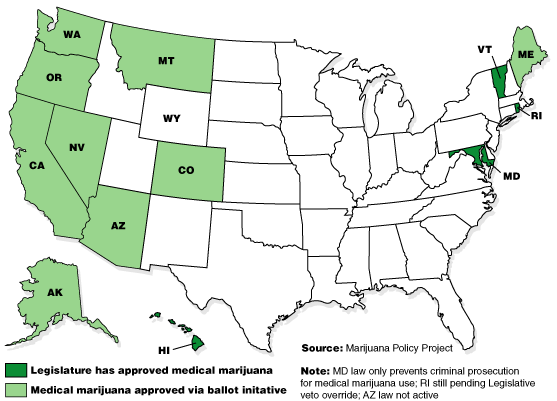VICE DOCUMENTARY
You may not know who Arjan Roskam is, but you’ve probably smoked his ganja. Arjan’s been breeding some of the most famous marijuana strains in the entire world—like White Widow, Super Silver Haze, among others—for over 20 years.
He opened his first “coffee shop” in 1992 in Amsterdam and has since crafted his skills into a market-savvy empire known as Green House Seed Company, which rakes in millions of dollars a year.
He’s won 38 Cannabis Cups and dubbed himself the King of Cannabis.
In this well-researched VICE doc, the crew joins Arjan in Colombia to look for three of the country’s rarest types of weed, strains that have remained genetically pure for decades. They trudge up mountains and crisscross military checkpoints in the country’s still-violent south, and then head north to the breathtaking Caribbean coast. As the dominoes of criminalization fall throughout the world, Arjan is positioned to be at the forefront of the legitimate international seed trade.






